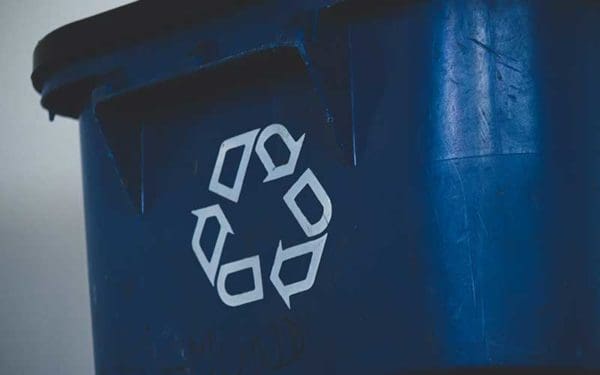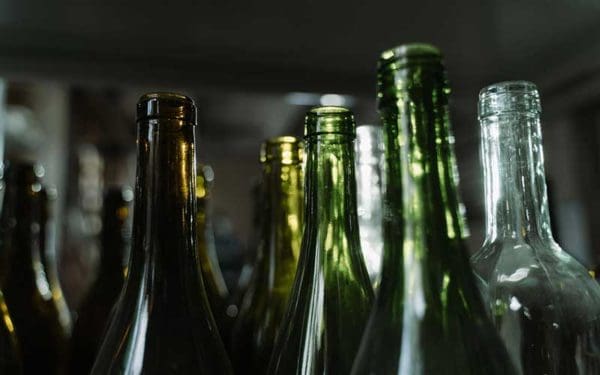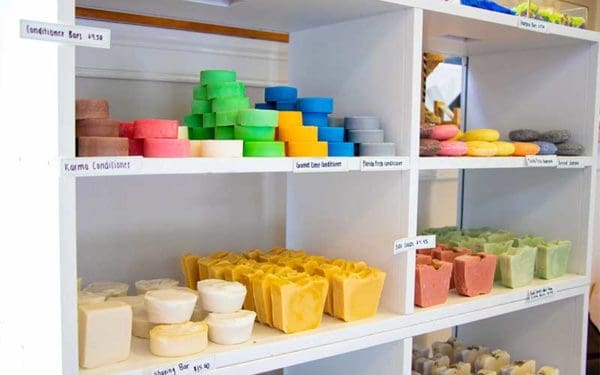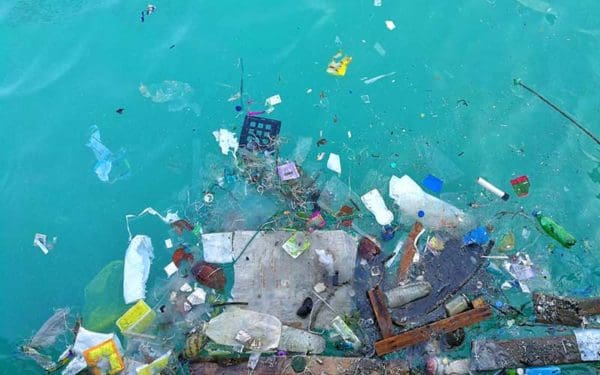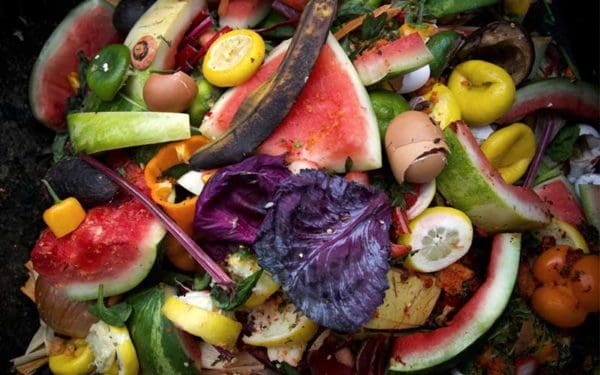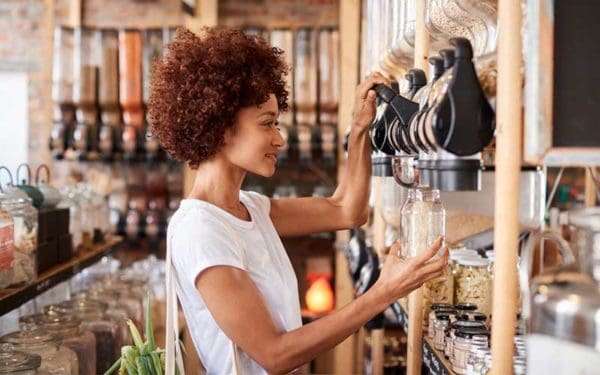Nov 04, 2021
Over the past few years, recycling prices across the U.S. have soared, with some cities and towns now spending millions of dollars on their programs. To understand the financial burden our communities are facing, I spent the better part of last year collecting recycling data from Massachusetts cities and towns. Here’s what I learned.
Sep 13, 2021
Wrestling humanity away from single-use plastics will not be easy. But we can start by reducing our reliance on single-use plastic beverage containers.
Sep 08, 2021
Located in the North End of Boston, Massachusetts, Uvida Shop is the city’s first-ever Zero Waste store – a retail destination that sells products with no single-use plastic packaging. Owner and CEO Maria began this venture while studying environmental science and sustainability at UMass Boston.
May 13, 2021
Incinerator emissions are polluting the air and poisoning our communities. The problem is, clean air laws often favor polluters instead of the people they’re supposed to protect.
Apr 02, 2021
On December 2, 2020, a ship carrying plastic waste from abroad was being unloaded when 5,000 pounds were lost to Maine’s Penobscot Bay. The spill sparked outrage and left many people asking the same question: Why is the U.S., which generates the most plastic waste globally, importing even more plastic waste?
Mar 18, 2021
With organic waste recycling on the rise, many cities and towns are looking to invest in infrastructure that will repurpose our food waste and yard clippings. But which method should they invest in – industrial composting or anaerobic digestion?
Mar 05, 2021
Is the systemic idea of Zero Waste actually possible? Yes! But to do so, we need to stop looking at Zero Waste as just a lifestyle and start looking at it as a strategic concept for managing our waste – and tackling the trash crisis.
Sep 02, 2020
Making any life change takes time, and the same goes for slashing your trash – including what goes in your recycling bin. That’s why we’ve put together this list of tips to help you get started.
Dec 07, 2019
We can’t allow manufacturers to get away with the false narrative that it’s up to you and me to recycle our way out of the plastic pollution crisis. It’s time to call them out as the real culprits and put the burden on their shoulders, not ours.
